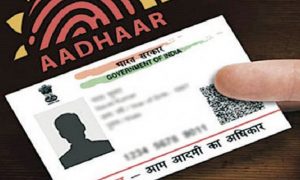High-value cash transactions may attract the attention of the Income Tax Department, potentially leading to income tax notices. The department remains vigilant regarding such transactions.
Even in the digital age, many prefer cash transactions. While convenient for small amounts, large cash transactions can raise concerns, attracting the Income Tax Department’s scrutiny. Five types of high-value cash transactions may trigger income tax notices.
Read More:- FICCI Pushes For GST Cut On EV Batteries, Charging Services To Boost Affordability
Depositing Rs 10 lakh or more in cash in a financial year, across single or multiple accounts, is reported to the Income Tax Department as per CBDT rules. Exceeding this limit may lead to inquiries about the source of funds.
Similar to cash deposits, exceeding Rs 10 lakh in fixed deposits in a financial year may trigger inquiries from the Income Tax Department regarding the source of the funds.
Read More: Attention taxpayers! Foreign income and assets must be disclosed before December 31: Report
Paying credit card bills of Rs 1 lakh or more in cash, or exceeding Rs 10 lakh in a financial year, may result in income tax notices inquiring about the source of funds.
Cash transactions of Rs 30 lakh or more for property purchases are reported to the Income Tax Department by the property registrar, potentially leading to inquiries about the source of funds.
Large cash transactions for investments like mutual funds, debentures, or bonds exceeding Rs 10 lakh are reported to the Income Tax Department, potentially leading to further inquiries.



































